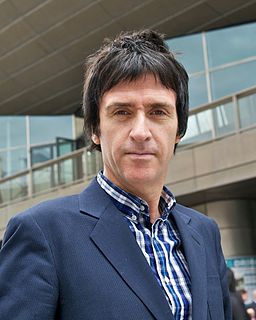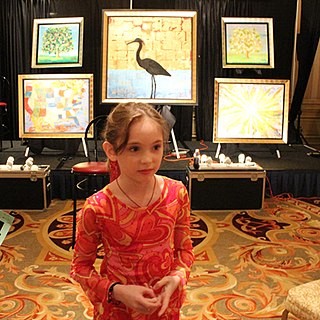A Quote by Mario Vargas Llosa
Eroticism is born at a time in civilisation when sexual instinct becomes deanimalised and enriched with contributions from art and from literature. A world of theatricality emerges around the act of love.
Quote Topics
Related Quotes
The sexual act - thinking about the sexual act, the telling about the sexual act, after the sexual act, is so much more important than the actual sexual act - just in time. It's like of the whole sexual act, you probably spend 95% of the time thinking about it, talking about it afterwards. The actually sexual act, especially when you're 17, is minutes.
At the same time, eroticism in the home requires active engagement and willful intent. It is an ongoing resistance to the message that marriage is serious, more work than play; and that passion is for teenagers and the immature. We must unpack our ambivalence about pleasure, and challenge our pervasive discomfort with sexuality, particularly in the context of family. Complaining of sexual boredom is easy and conventional. Nurturing eroticism in the home is an act of open defience.
I think it's a shame when pop culture forgets that theatricality is a big part of it. When Neil Young is fumbling around in his pocket looking for the right harmonica, it doesn't matter that he's a dude in the hat who is a man of the people - there's a theatricality there. You don't have to be David Bowie or the Kabuki theater to have that theatricality going on.
That love is a conflict seems to me obvious and natural. There isn't a single worthwhile work in world literature based on love that is only about the conquest of happiness, the effort to arrive at what we call love. It's the struggle that has always interested those who produce works of art - literature, cinema or poetry.
In contrast to the asexual chasteness of official communist art , Nazi art is both prurient and idealizing. A utopian aesthetics (physical perfection; identity as a biological given) implies an ideal eroticism: sexuality converted into the magnetism of leaders and the joy of followers. The fascist ideal is to transform sexual energy into a "spiritual" force, for the benefit of the community.
Only through blind Instinct, in which the only possible guidance of the Imperative is awanting, does the Power in Intuition remain undetermined; where it is schematised as absolute it becomes infinite; and where it is presented in a determinate form, as a principle, it becomes at least manifold. By the above-mentioned act of Intelligising, the Power liberates itself from Instinct, to direct itself towards Unity.
My own view on religion is that of Lucretius. I regard it as a disease born of fear and as a source of untold misery to the human race. I cannot, however, deny that it has made some contributions to civilisation. It helped in early days to fix the calendar, and it caused Egyptian priests to chronicle eclipses with such care that in time they became able to predict them. These two services I am prepared to acknowledge, but I do not know of any others.
All writing, all art, is an act of faith. If one tries to contribute to human understanding, how can that be called decadent? It's like saying a declaration of love is an act of decadence. Any work of art, provide it springs from a sincere motivation to further understanding between people, is an act of faith and therefore is an act of love.
Our use of the phrase 'The Dark Ages' to cover the period from 600 to 1000 marks our undue concentration on Western Europe. [...] From India to Spain, the brilliant civilisation of Islam flourished. What was lost to Christendom at this time was not lost to civilisation, but quite the contrary. [...] To us it seems that West-European civilisation is civilisation, but this is a narrow view.






































